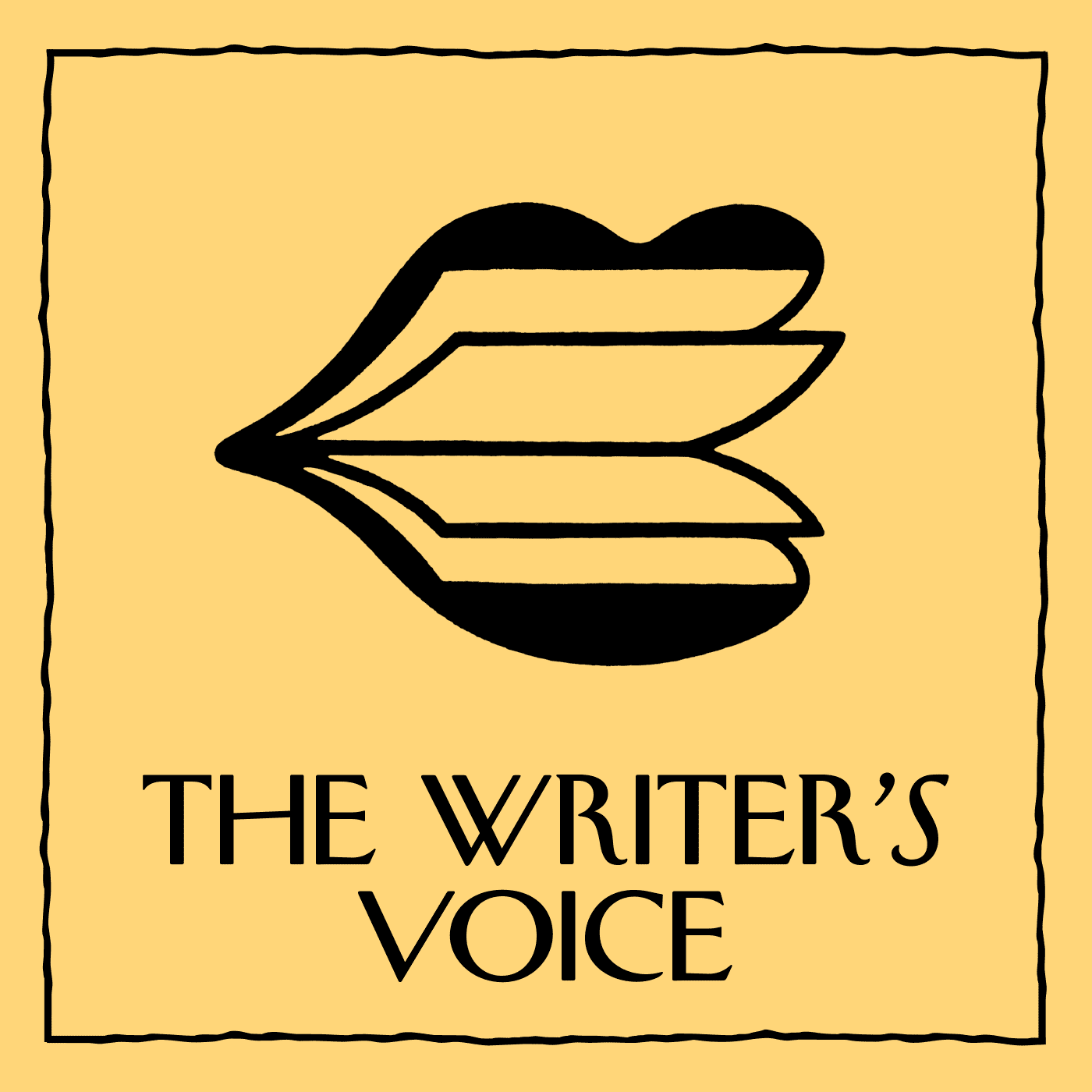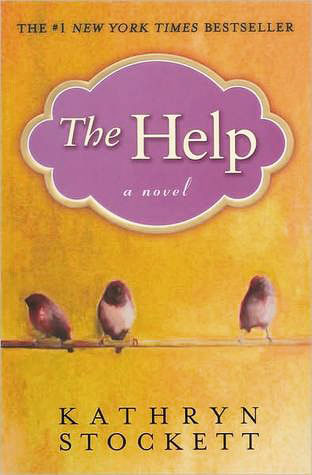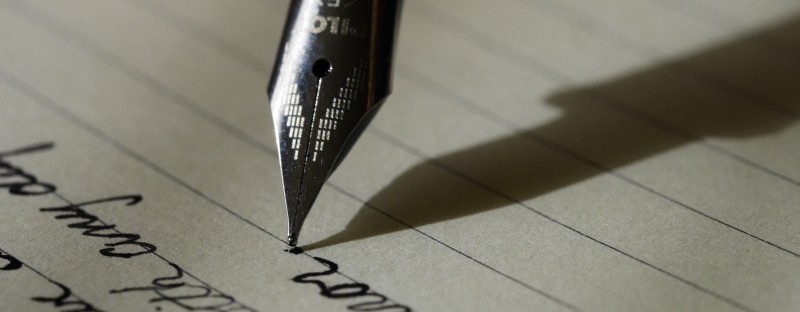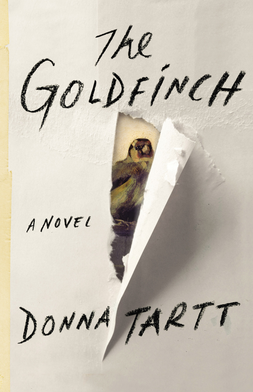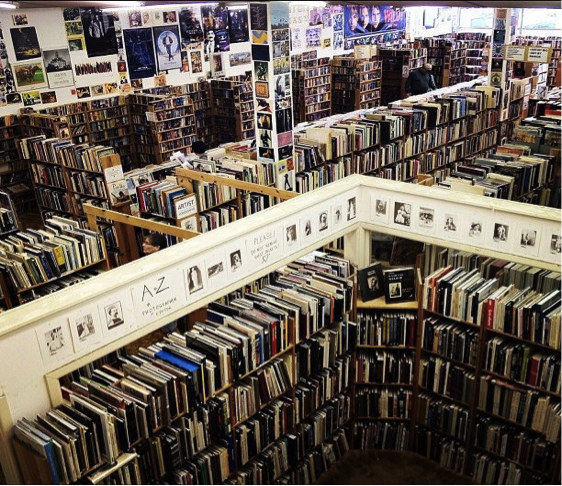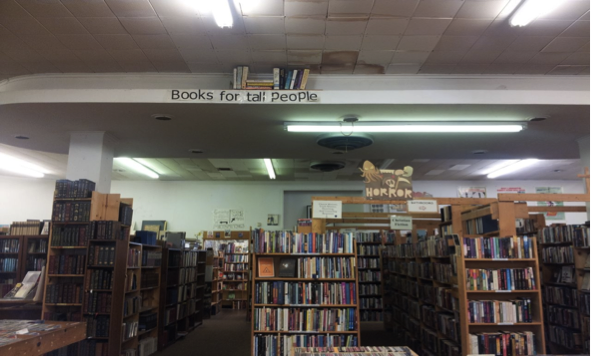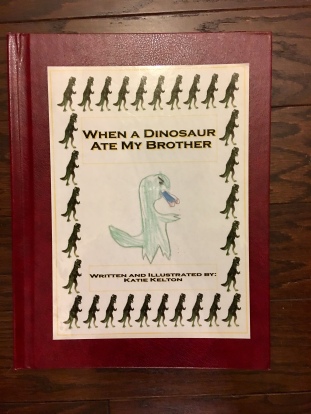Step #1: Find Your Topic
Have you ever tried to write about something you hated or found mind-numbingly boring? It’s not easy. So whenever I sit down to write a new draft, I ask myself:
- Am I passionate about this subject?
- Would writing about this be fun or tedious?
- If I saw this piece of writing in a store, would I want to pick it up? And would I enjoy reading it?
Once you’ve selected a topic, it’ll be easy to identify the target audience. Knowing your reader will allow you to focus your writing and gather a following, which will in turn reinforce your dedication to your writing resolutions.
Step #2: Create a Plan
If you’re like me, you’ve had multiple New Years Resolutions that look a lot like this:
- Write More
- Write Better
- Read More
- Publish More
I think it’s safe to say these resolutions ended up fizzling away around March. Why? They’re too vague. It’s like making a resolution to “eat less junk food” when that could in all honesty mean ordering a medium pizza instead of a large one. In order to create goals that actually stick, your plan needs to be concrete, realistic, and detailed.
When I returned to college this semester after winter break, I sat down and created a writing resolution that would challenge me, as well as greatly improve my skills as a writer: Write one page every morning before classes in my dorm room. The goal has a specific time, place, and amount that I’ll write each day. This way, writing becomes fixed into my daily schedule, rather than something I try to cram in if I have the time.
We’ve all heard the phrase, “A goal without a plan is just a dream.” So the question is then, what’s the best plan to make your goal a reality by 2019?
Step #3: Don’t Be Afraid to Write
Let’s face it, writing is difficult. It’s easy to get frustrated and crumple up (or for those of us who type on computers, aggressively delete) a first draft. Nonetheless, working through the tough times will always pay off in the end.
Ernest Hemingway famously said, “I write one page of masterpiece for ninety-one pages of shit.”
F. Scott Fitzgerald rewrote every single page of his novels more than ten times before he was satisfied with the final draft.
Thus, we shouldn’t let our own fear of producing garbage keep us from writing. It’s a shocking reality all writers must face: everything we create will not be a masterpiece.
But writing terribly is still significantly better than not writing at all. The important thing is to write.
Whenever you start to feel discouraged or suffer from a particularly nasty case of writer’s block, just think about your goal. Why are you writing? Envision the novel as a finished book sitting in Barnes & Noble; the article as the feature piece of the magazine; the blog reaching thousands of readers. I for one write for the love of creating something out of nothing. I write to grow and enhance my skills so that someday I can make a career out of my passion.
Thinking about our end goal eliminates fears and anxieties over writing, and motivates us to continue writing for the future.
Step #4: Read, Read, Read
When I was twelve, I read only fiction until I discovered that the average millionaire reads an autobiography every month. Since I naturally assumed I would be classified among these readers within the next few years –sigh- I, too, began picking up various autobiographies.
For my first autobiography, I asked my dad for recommendations and he gave me his copy of Tina Fey’s “Bossypants” which looking back might not have been the most appropriate choice for a twelve year old. Regardless, I loved the humor, voice, and personal stories that gave tidbits of advice on succeeding in competitive industries. From “Bossypants”, I went on to discover other powerful autobiographies from Stephen King to Malala Yousafzai.
Reading beyond my comfort zone exposed me to different styles and themes, which ended up changing for the better my entire approach to writing.
Exploring multiple genres of literature is crucial in order to expand your horizons as a writer. If you write for magazines and only read magazines, you need to branch out! Exploring various genres is not only helpful, but also fun and exciting. A diverse reading list will substantially increase your skills and instincts as a writer, which will make it easier and faster to meet your writing goals.



